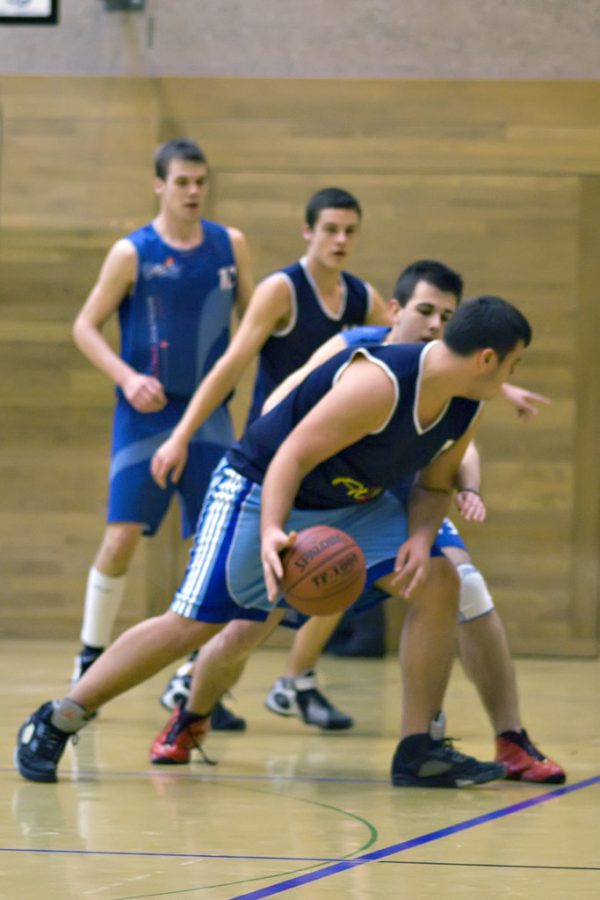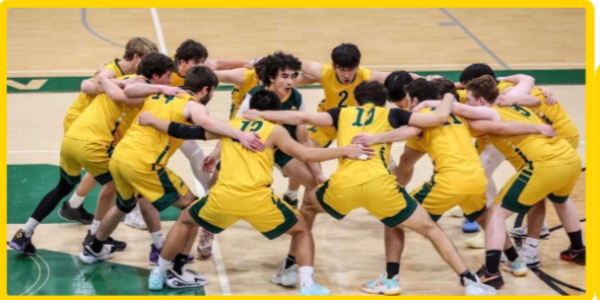When does competition become toxic?
LIFE IS A COURT. According to an article by Project play, 71 percent of children between the ages of six and twelve, play either an individual or team sport. Exposing children to regime implemented activities can lead to more character development and acts as a sort of occupation before jobs are available.
With the high flying banners, bombastic school fight songs, and representative colors, it’s easy to get mixed up with emotion every time your team jumps onto the field. But at what point does that heat of the moment turn into something more toxic than prideful.
Obviously there are situations where your common trash talk escalates into something more egregious, but then there are cases like Erica Brown and Daphine Jones of Roosevelt High School in Indiana.
After losing to a competing school in a game of volleyball, Brown and Daphne took the liberty of assaulting two of the competing teammates, in a tussle that resulted in two of the opposing girls facing injuries with one being taken to the hospital after receiving hefty amounts of head trauma.
In an article by CBS Chicago relating to the topic, “Witnesses identified the three players by the numbers on their jerseys. Gary Community Schools Supt. Myrtle Campbell said three girls have been suspended and could face additional punishment, including expulsion.”
Whether or not the opposing team did anything during the game that obligated any sort of backlash, highschool activities are meant to build character, not deconstruct it. In circumstances like these, it’s often the obligation kids feel to be successful that drags them into situations like fights.
Especially if you’ve been practicing a sport for the majority of your life, as is the case with many children, it’s hard to accept defeat in a category you have so much integrity, passion, and experience with. After games, it’s also very easy to act upon any stored or built-up emotion or aggressiveness from the game prior, as you are already in a mindset of defensiveness and onslaught.
“Some of it has to do with ego, but most of the time if there ever is fighting between both teams it has to do with the crowds of students that regularly come to games. If you miss a free throw, it’s like failing a quiz, except in front of the whole school” said Elijah Thamen, 10.










